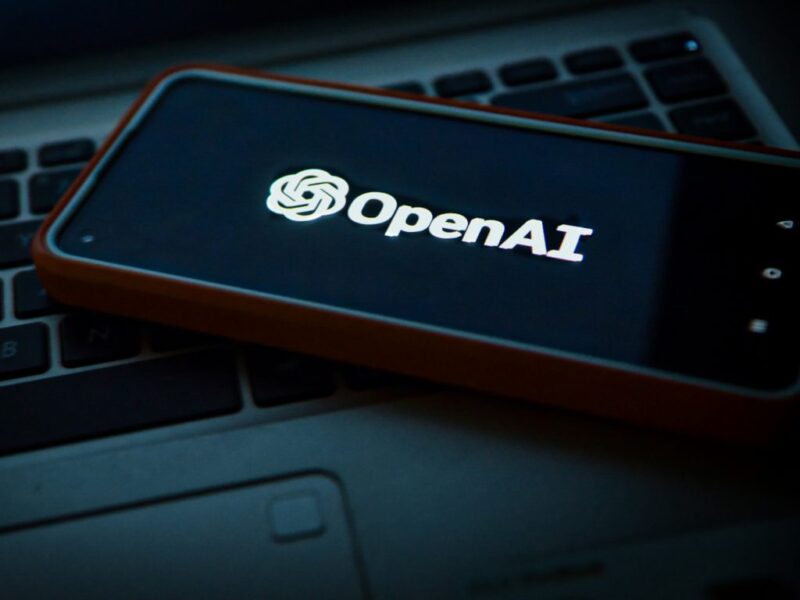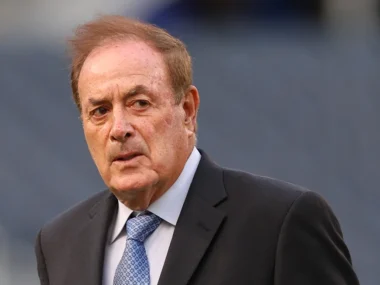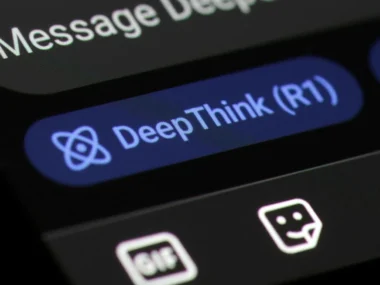A group of experts, including former OpenAI employees, has strongly criticized the company’s move away from its nonprofit origins.
In an open letter to the Attorneys General of California and Delaware, the coalition, which also includes legal professionals, corporate governance experts, AI researchers, and nonprofit advocates, argues that the proposed changes undermine OpenAI’s original charitable mission.
OpenAI was established with a distinctive structure, with its core mission, outlined in its Articles of Incorporation, focused on ensuring that artificial general intelligence benefits all of humanity, not serving the personal interests of any individual.
The letter’s signatories argue that the planned restructuring – which would convert the current for-profit subsidiary (OpenAI-profit) controlled by the nonprofit (OpenAI-nonprofit) into a Delaware public benefit corporation (PBC) – would erode essential governance protections.
The group contends that this shift would place control of the development and deployment of transformative Artificial General Intelligence (AGI) in the hands of a for-profit corporation accountable to shareholders, rather than a charity dedicated to benefiting humanity.
OpenAI’s original vision: Nonprofit oversight as a safeguard.
OpenAI describes AGI as “highly autonomous systems that surpass humans in most economically valuable tasks.” While recognizing AGI’s potential to “uplift humanity,” OpenAI’s leadership has also cautioned about the “serious risk of misuse, catastrophic accidents, and societal disruption.”
Co-founder Sam Altman and others have signed declarations linking the prevention of AGI-related extinction risks to preventing pandemics and nuclear warfare.
The company’s founders, including Altman, Elon Musk, and Greg Brockman, were initially concerned about AGI development being driven solely by commercial entities like Google. They created OpenAI as a nonprofit organization, free from the need to generate financial returns. As Altman expressed in 2017, “The only people we want to be accountable to is humanity as a whole.”
When OpenAI launched a “capped-profit” subsidiary in 2019 to attract the necessary funding, it emphasized that the nonprofit parent would retain control and that the mission would remain the priority. Key safeguards included:
- Nonprofit control: The for-profit subsidiary was explicitly “controlled by OpenAI Nonprofit’s board.”
- Capped profits: Investor returns were capped, with any excess value flowing back to the nonprofit for the benefit of humanity.
- Independent board: A majority of nonprofit board members had to be independent and could not have a financial interest in the subsidiary.
- Fiduciary duty: The board’s legal obligation was to the nonprofit’s mission, not to maximizing investor profits.
- AGI ownership: AGI technologies were specifically reserved for governance by the nonprofit.
Altman testified before Congress in 2023 that this “unusual structure” ensures OpenAI stays focused on its long-term mission.
A threat to the mission?
Critics argue that transitioning to a PBC (Public Benefit Corporation) structure could undermine the existing safeguards:
- Subordination of mission: A PBC board, while able to consider public benefit, would also have obligations to shareholders, potentially balancing profit with the mission rather than prioritizing the mission above all else.
- Loss of enforceable duty: Under the current structure, Attorneys General can enforce the nonprofit’s obligation to the public. In a PBC, this direct public accountability would likely disappear, leaving shareholder derivative suits as the main method of enforcement.
- Uncapped profits?: Reports suggest the removal of the profit cap, which could lead to a significant shift of future wealth from the public benefit mission to private shareholders.
- Board independence at risk: The commitment to a majority-independent board overseeing AI development could be jeopardized.
- Shifts in AGI control: Ownership and control of AGI could likely move to the PBC and its investors, rather than the mission-driven nonprofit. Some reports even indicate that OpenAI and Microsoft have discussed removing restrictions on Microsoft’s access to future AGI.
- Risk to charter commitments: Commitments like the “stop-and-assist” clause, which pauses competition to support safer, aligned AGI projects, may not be upheld by a profit-driven entity.
OpenAI has stated that competitive pressures, such as attracting investment and talent in competition with rivals structured as conventional equity companies, are reasons for the proposed change.
However, a letter counters that gaining a competitive edge is not the charitable purpose of OpenAI. The nonprofit structure was deliberately designed to impose certain competitive costs to prioritize safety and public benefit.
“Gaining a competitive advantage by abandoning the governance safeguards intended to keep OpenAI aligned with its mission is unlikely to, overall, advance that mission,” the letter argues.
The authors also question why abandoning nonprofit control is necessary for simplifying the capital structure, suggesting the true issue is the subordination of investor interests to the mission. They argue that while the nonprofit board can consider investor interests when it supports the mission, the restructuring appears to prioritize investor interests at the expense of the mission.
These concerns have also been raised by Elon Musk in his legal action against OpenAI. Earlier this month, OpenAI counter-sued Musk for allegedly orchestrating a “relentless” and “malicious” campaign aimed at “taking down OpenAI” after he left the company years ago and founded the rival AI firm, xAI.
Call for intervention
The signatories of the open letter call for immediate intervention, seeking clarification from OpenAI on how the shift away from a nonprofit structure aligns with its mission and why safeguards once considered crucial are now viewed as obstacles.
They also demand that the restructuring be halted, nonprofit control and other safeguards be preserved, and measures be put in place to ensure the board’s independence and its ability to effectively oversee management in alignment with the charitable mission.
“The proposed restructuring would remove essential safeguards, effectively transferring control of, and profits from, what could become the most powerful technology ever created to a for-profit entity with legal obligations to prioritize shareholder returns,” the signatories conclude.











